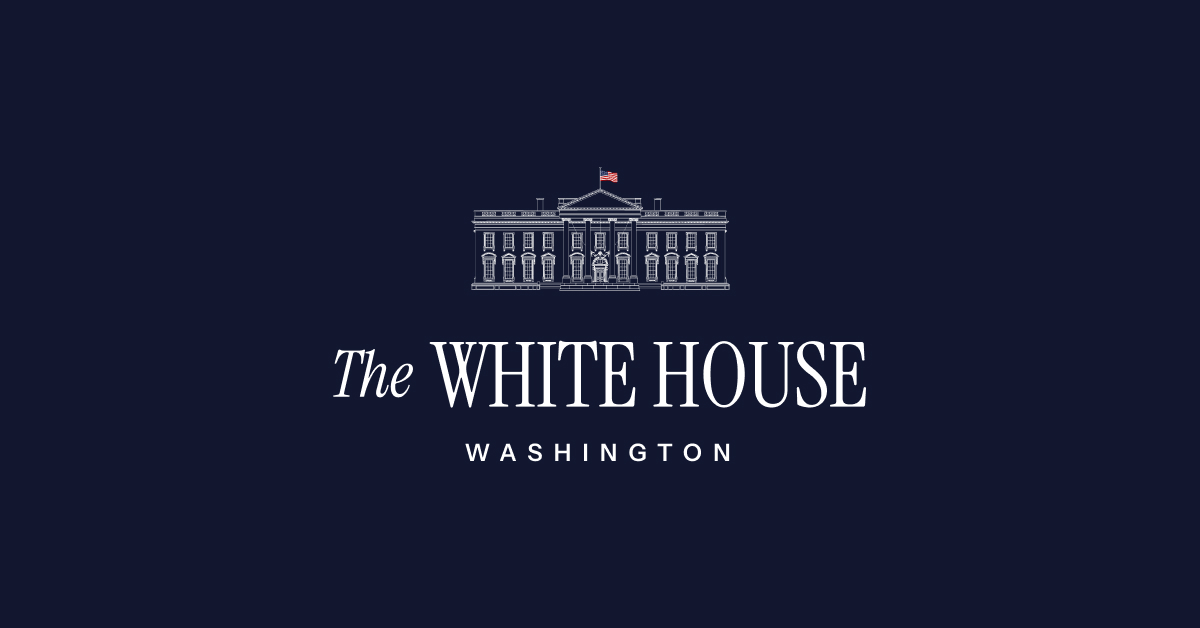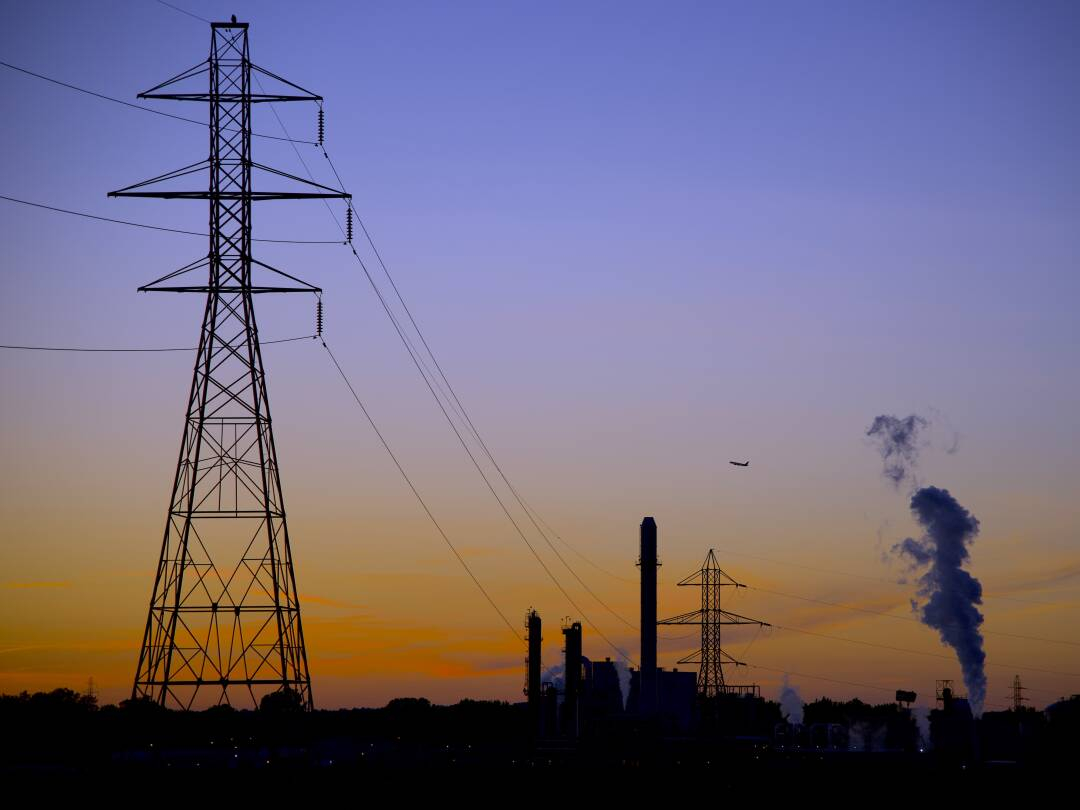
A message reading "AI artificial intelligence", a keyboard, and robot hands are seen in this illustration taken January 27, 2025. REUTERS/Dado Ruvic/Illustration/File Photo
WASHINGTON, July 22 (Reuters) - The White House on Wednesday intends to publish a plan that calls for the export of American AI technology abroad and a crackdown on state laws deemed too restrictive to let American AI flourish, a document seen by Reuters shows.
According to a summary of the draft plan seen by Reuters, the White House will bar federal AI funding from going to states with tough AI rules and ask the Federal Communications Commission to assess whether state AI laws conflict with its mandate.
It will also promote open source and open weight AI development and "export American AI technologies through full-stack deployment packages" and data center initiatives led by the Commerce Department.
The plan will "focus on empowering American workers through AI-enabled job creation and industry breakthroughs," according to the document.
The White House did not immediately respond to a request for comment.
The document shows President Donald Trump is laser-focused on removing barriers to AI expansion, a marked departure from former President Joe Biden, who feared U.S. adversaries like China could harness AI to supercharge its military and harm allies.
Biden, who left office in January, imposed a raft of restrictions on exports of coveted American AI chips to China and other countries that could divert the semiconductors to China over national security concerns.
Trump rescinded Biden's executive order aimed at promoting competition, protecting consumers and ensuring AI was not used for misinformation. He also pulled back Biden's so-called AI diffusion rule, which capped the amount of American AI computing capacity that some countries were allowed to obtain via U.S. AI chip imports.
Last month, White House AI czar David Sacks downplayed the risk that coveted American AI chips could be smuggled to bad actors and expressed concern that regulating U.S. AI too tightly could stifle growth and cede the critical market to China.
Under Trump's plan, the White House would also promote AI use at the Pentagon, launch a program to identify federal regulations that impede AI development, and streamline the permitting process for data center construction.





